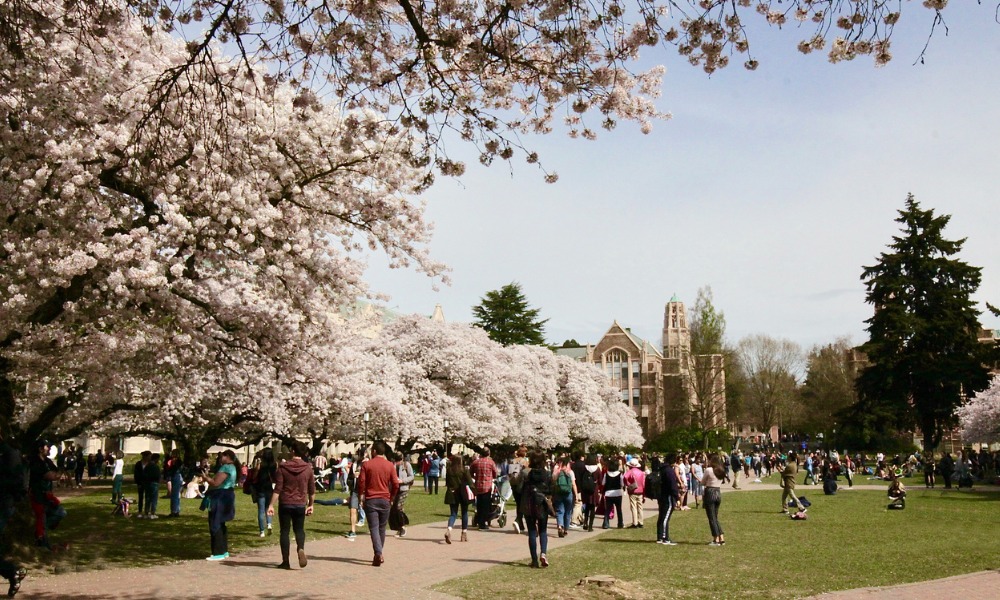
An apprenticeship program and practical skills courses will replace the bar exam

In a landmark decision, the Supreme Court of Washington has officially sanctioned new licensing avenues for aspiring attorneys, circumventing the traditional bar exam, Thomson Reuters reported.
The initiative introduces two innovative pathways aimed at law school graduates. The first is an apprenticeship program where graduates undergo a six-month mentorship under seasoned attorneys' guidance, followed by submitting a comprehensive work portfolio for evaluation. Alternatively, law students may opt to undertake 12 credits of practical skills courses and complete 500 hours of legal work before graduation, culminating in a similar portfolio submission to the Washington State Bar for licensure consideration.
These reforms arrive amid a broader re-evaluation of licensure processes across the United States, with states like Oregon, Wisconsin, and New Hampshire leading the charge in offering bar exam alternatives. Meanwhile, jurisdictions such as California, Minnesota, Utah, Nevada, and South Dakota are actively exploring similar adjustments.
The adoption of these measures addresses multiple concerns, including enhancing public safety, mitigating legal service deserts in Washington, and redressing fairness and bias issues associated with traditional licensing exams. Anthony Varona, dean of Seattle University School of Law and co-chair of the Washington Bar Licensure Task Force, highlighted the significance of these developments in promoting inclusivity and accessibility within the legal profession. Varona said in a statement that the new options protect the public, address a "serious legal deserts problem" in Washington, and "help remedy the fairness and bias concerns with the traditional licensure.”
The task force responsible for formulating these proposals was assembled at the direction of the state's high court, which has also called for establishing a committee by the Washington State Bar Association to oversee the implementation process.
Reuters reported that supporting research underscored the urgency of these reforms, pointing to the disproportionate barriers historically marginalized groups face under the current exam-based system and the financial strain it imposes on graduates. Similar initiatives in other states, like Oregon's requirement for law graduates to complete 675 hours of supervised practice and California's proposed supervised practice range of 700 to 1,000 hours, illustrate a growing consensus on the need for more equitable and practical approaches to legal licensure.